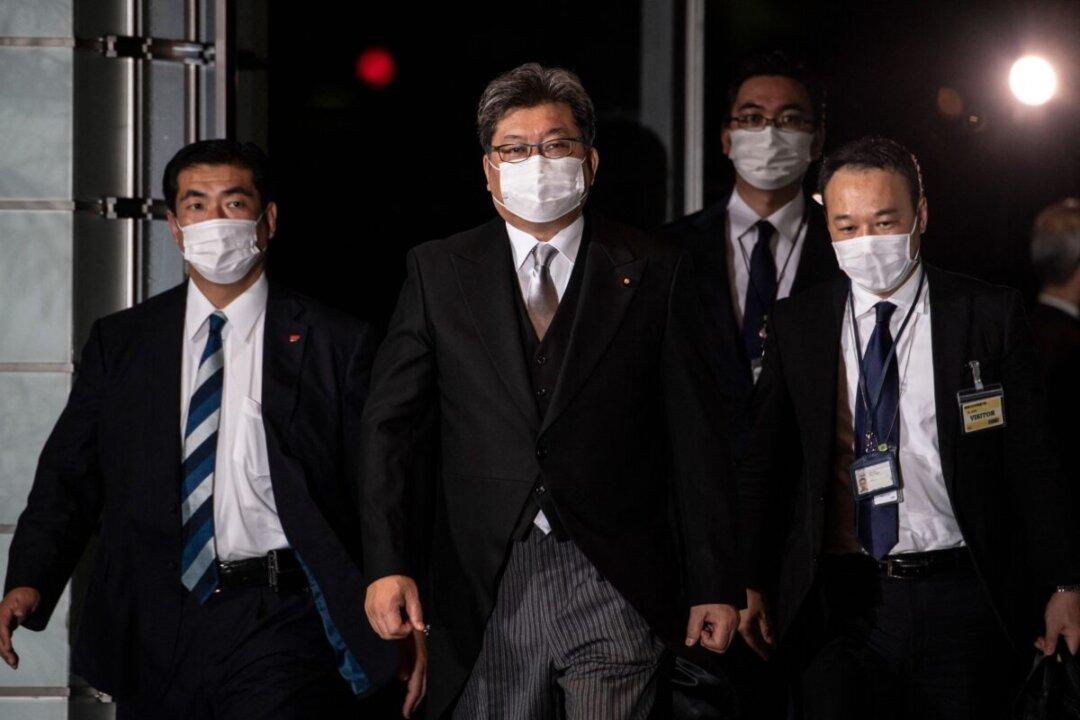Japan will seek alternatives to reduce reliance on Russian coal imports as part of its sanctions against Moscow, the industry minister said on Friday.
“We will work further to reduce our dependency on Russia by pushing forward the diversification of energy sources, including renewables and nuclear power,” industry minister Koichi Hagiuda told reporters, Kyodo News reported.





